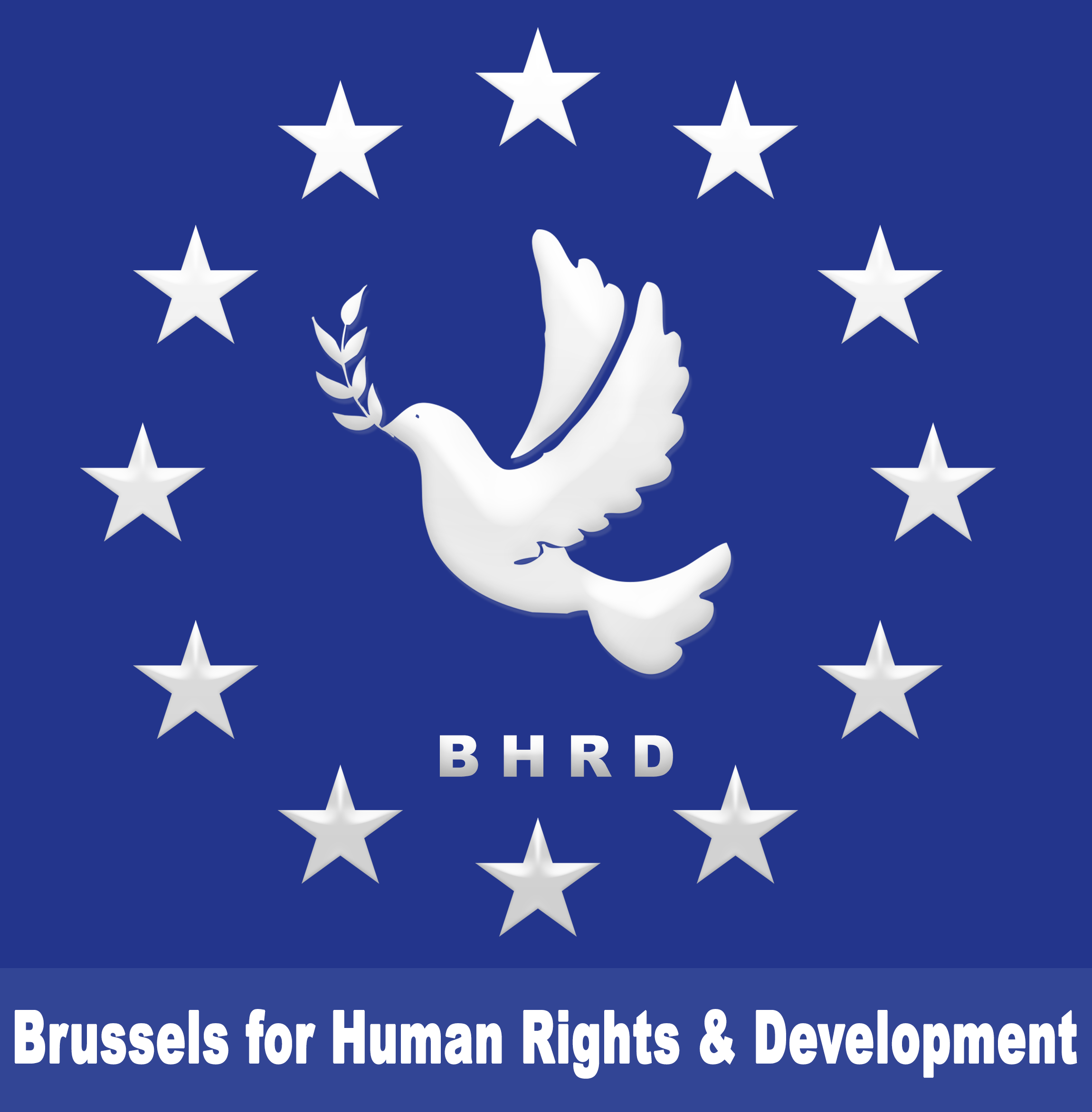
Multilateralism is a core principle of international cooperation, shaping how countries work together to solve global challenges, promote peace, and facilitate trade and development. It is more than just diplomacy at the United Nations (UN); it impacts everyday life, from global travel and communication to climate action and economic stability.
What Is Multilateralism?
The term “multilateral” originally meant “many-sided” in geometry, but today it refers to international relations involving multiple nations collaborating to achieve common goals.
The United Nations (UN) is the world’s primary multilateral platform, where countries convene to negotiate policies, create agreements, and address pressing global issues. The UN hosts summits, forums, and discussions that help harmonize international actions on everything from economic development to security and environmental protection.
The Three Pillars of Multilateralism
Effective multilateralism relies on three key principles:
- Cooperation – Countries work together to tackle shared problems.
- Compromise – Nations make concessions to achieve mutual benefits.
- Coordination – Governments and institutions align their efforts for effective solutions.
These principles help resolve conflicts peacefully, create economic opportunities, and establish global standards for trade, health, and human rights.
How Multilateralism Shapes the Modern World
Multilateral agreements and organizations ensure international cooperation in critical areas, such as:
- Global Travel & Communication – Unified airline regulations, postal systems, and telecommunications standards make international travel and communication seamless.
- Public Health – The World Health Organization (WHO) coordinates responses to global health crises like COVID-19 and polio eradication.
- Trade & Economy – The World Trade Organization (WTO) and the International Monetary Fund (IMF) regulate economic policies and facilitate fair trade among nations.
Historic Multilateral Organizations
Many multilateral organizations predate the UN but have since become part of its system, including:
- International Telecommunication Union (ITU) – Established in 1865 to standardize telegraph networks, now governing radio frequencies, satellites, and the internet.
- International Labour Organization (ILO) – Founded in 1919 to promote workers’ rights and fair employment conditions worldwide.
Multilateralism and the UN: A Platform for Global Policy
Since its founding in 1945, the United Nations has been the central body for multilateral diplomacy, helping countries negotiate international agreements and resolve conflicts.
The UN General Assembly: Equal Representation for All
The General Assembly serves as the UN’s main policy-making body, where each of the 193 Member States has an equal vote—whether it’s a small country like Monaco or a global power like China.
Global Achievements of Multilateralism
Multilateral efforts have led to some of the most important global agreements, including:
- The Universal Declaration of Human Rights (1948) – A landmark document that established fundamental human rights protections worldwide.
- Disarmament & Arms Control Treaties – The UN has played a key role in preventing nuclear war and regulating arms control.
- Climate Action Agreements – Global pacts like the Paris Agreement aim to combat climate change and promote sustainable development.
Multilateralism in the Cold War and Beyond
During the Cold War (1940s–1990s), the UN helped de-escalate conflicts, prevent global war, and mediate diplomatic solutions. Even with ideological divisions between the United States and the Soviet Union, multilateral platforms provided a space for dialogue and negotiation.
Today, multilateralism continues to be the foundation for global problem-solving, addressing new challenges such as:
- Climate Change – Coordinating global efforts to reduce emissions and protect vulnerable nations.
- Artificial Intelligence (AI) – Creating ethical guidelines and regulations for AI governance.
- Economic Inequality – Reforming global financial institutions to ensure fair economic growth for all.
Strengthening Multilateralism for the Future
While multilateralism remains vital, global institutions must evolve to address 21st-century challenges. In 2020, UN Member States asked Secretary-General António Guterres to develop a vision for stronger global governance, resulting in:
- Our Common Agenda – A roadmap for UN reforms in peacekeeping, finance, education, and technology.
- The Pact for the Future (2024) – A commitment by world leaders to modernize multilateral institutions for stronger global cooperation.
A Call to Action for Global Unity
Guterres has urged a stronger commitment to a rules-based order, emphasizing that multilateralism must be more inclusive, incorporating voices from:
- Civil society organizations
- Youth movements
- Business and private sector leaders
He advocates for “networked multilateralism”—a more connected and coordinated approach that ensures global policies are fair, effective, and forward-looking.
Why Multilateralism Matters More Than Ever
In a world facing growing geopolitical tensions, economic uncertainty, and environmental crises, multilateralism remains the best hope for global stability and progress. By working together, nations can build a more just, peaceful, and sustainable future for all.
For more insights into global cooperation and international diplomacy, stay connected with our platform as we track multilateral efforts shaping the world’s future.


 العربية
العربية